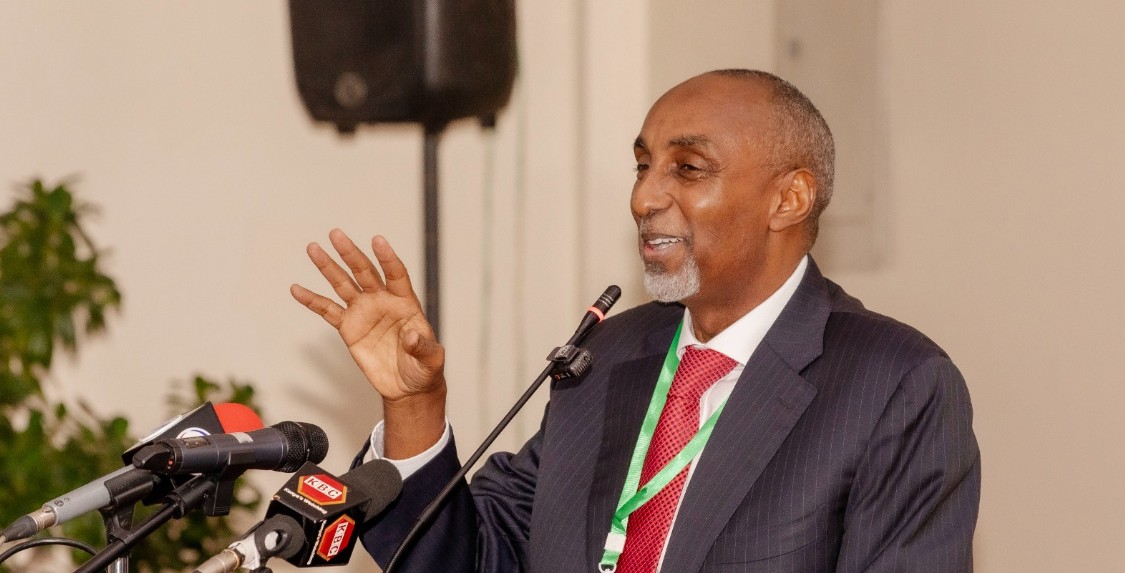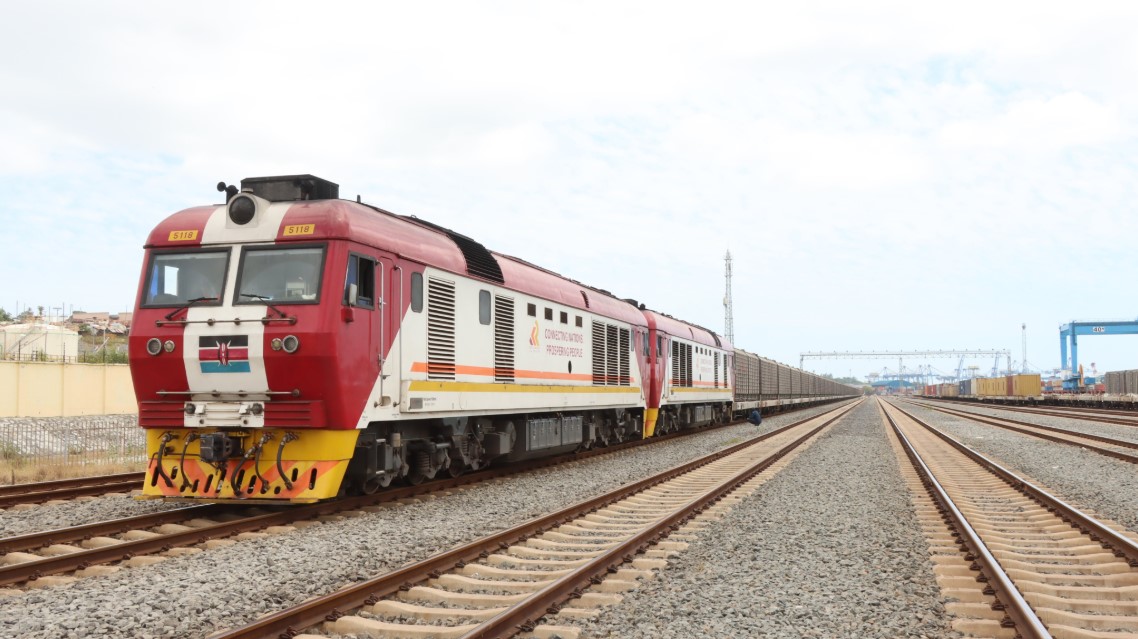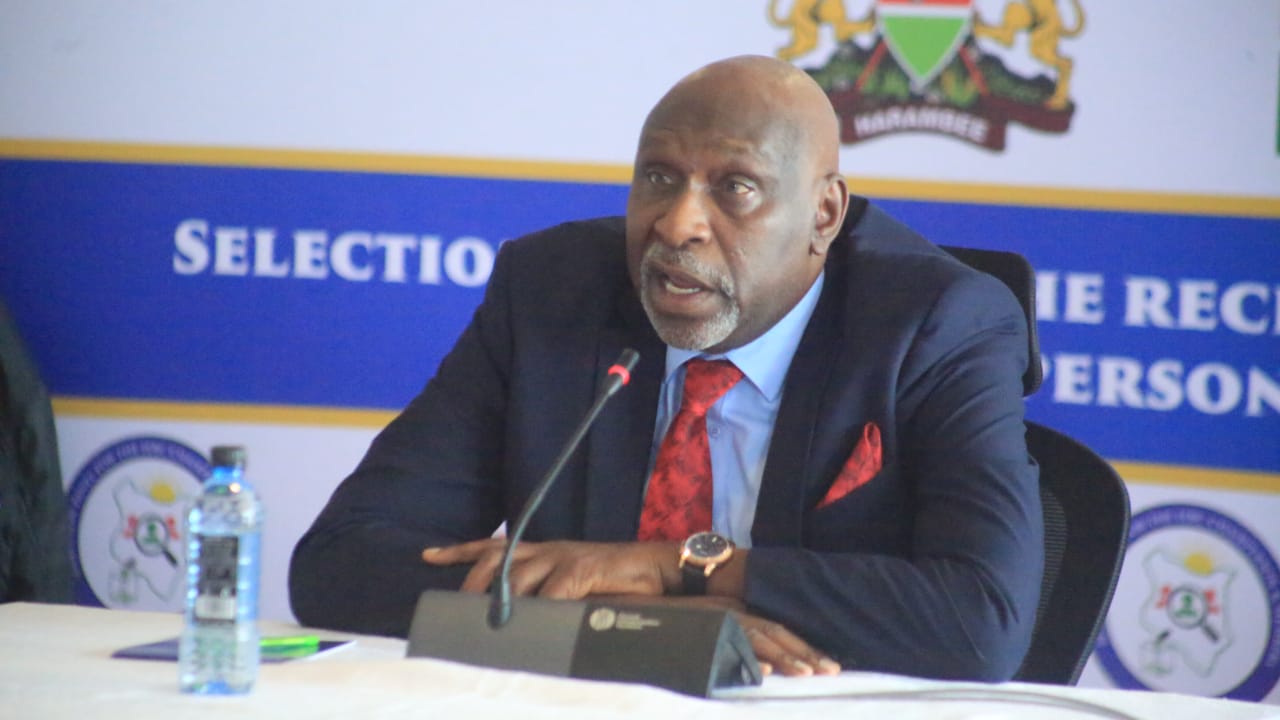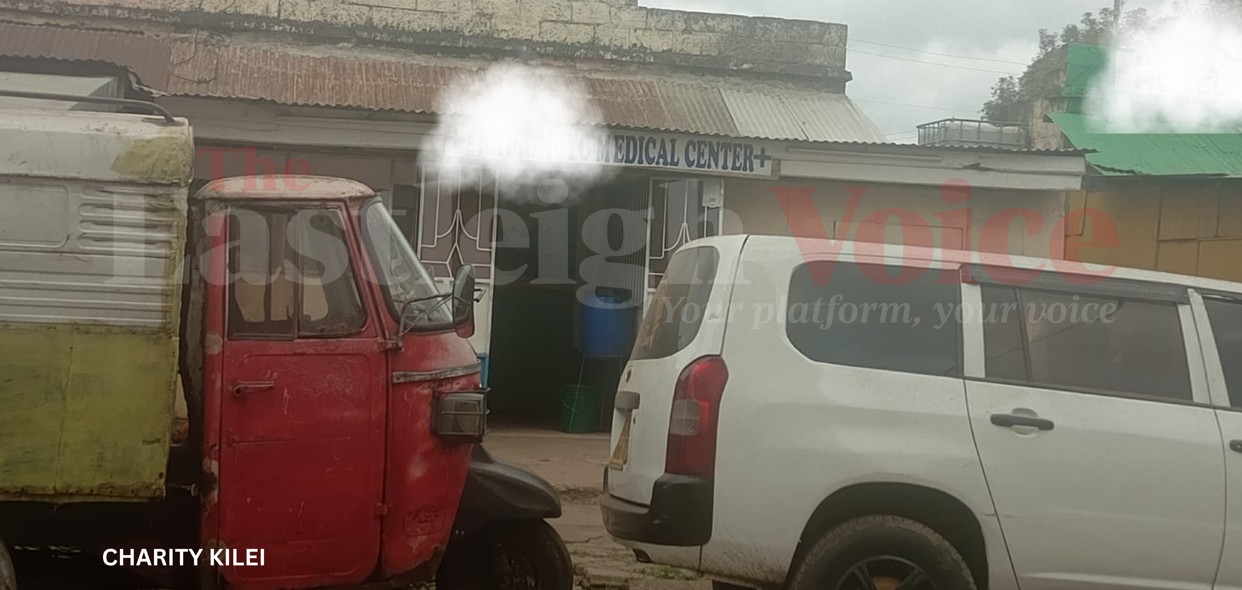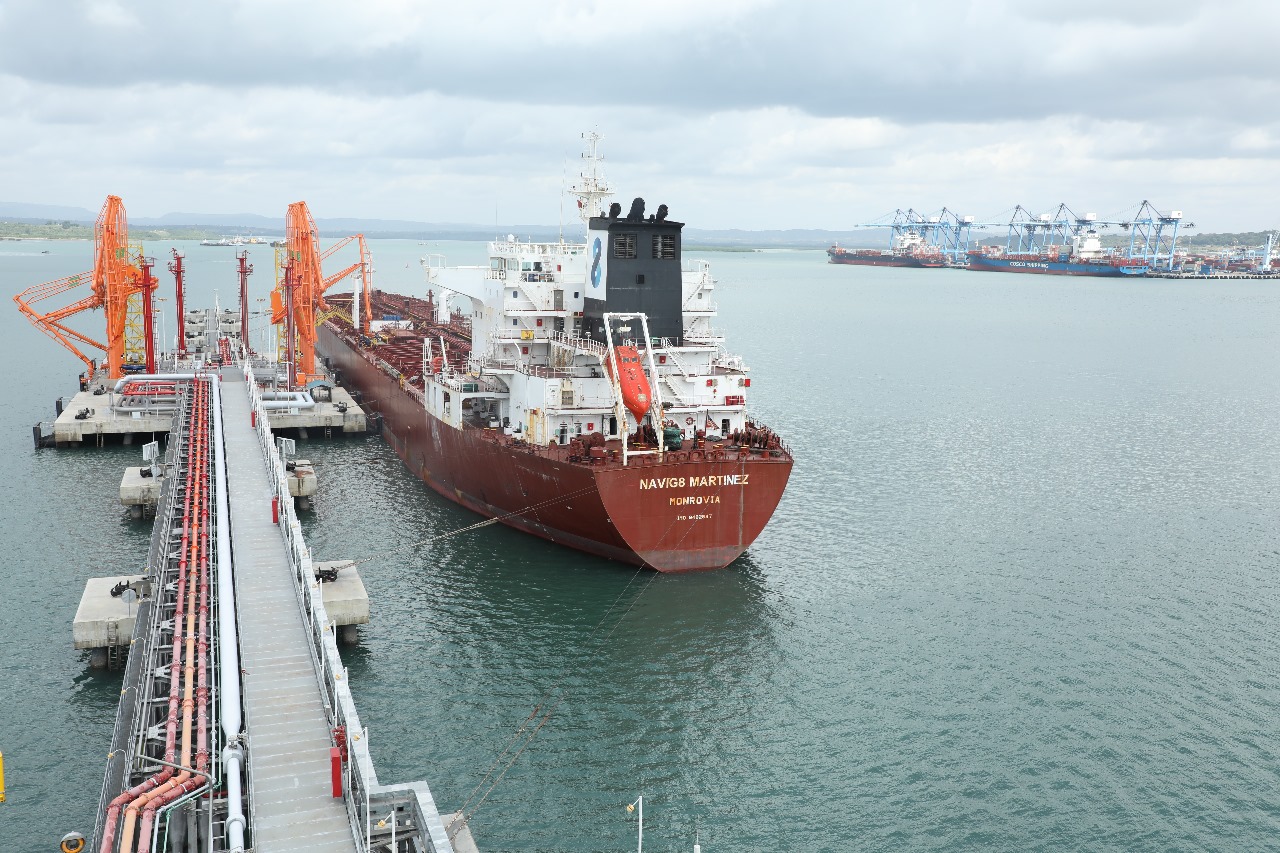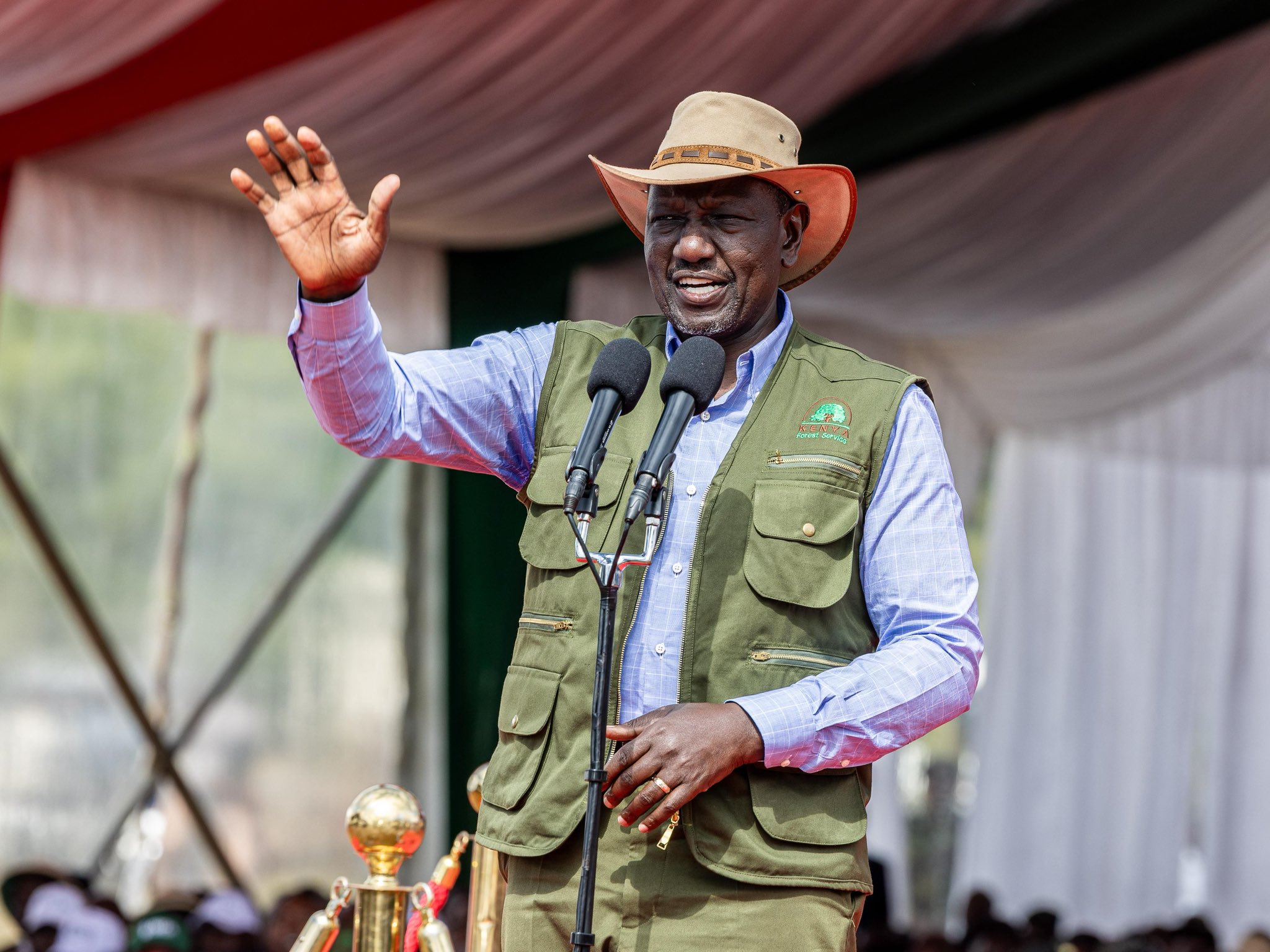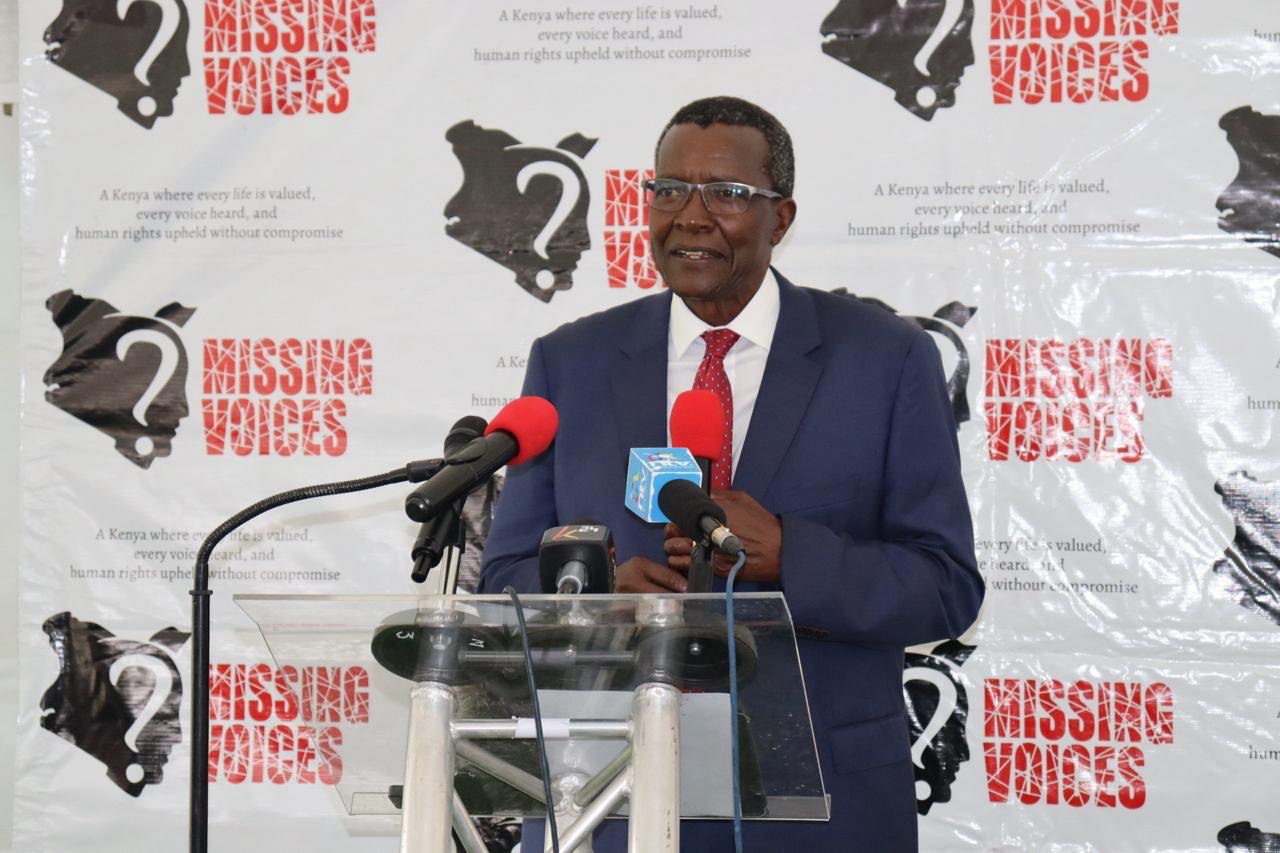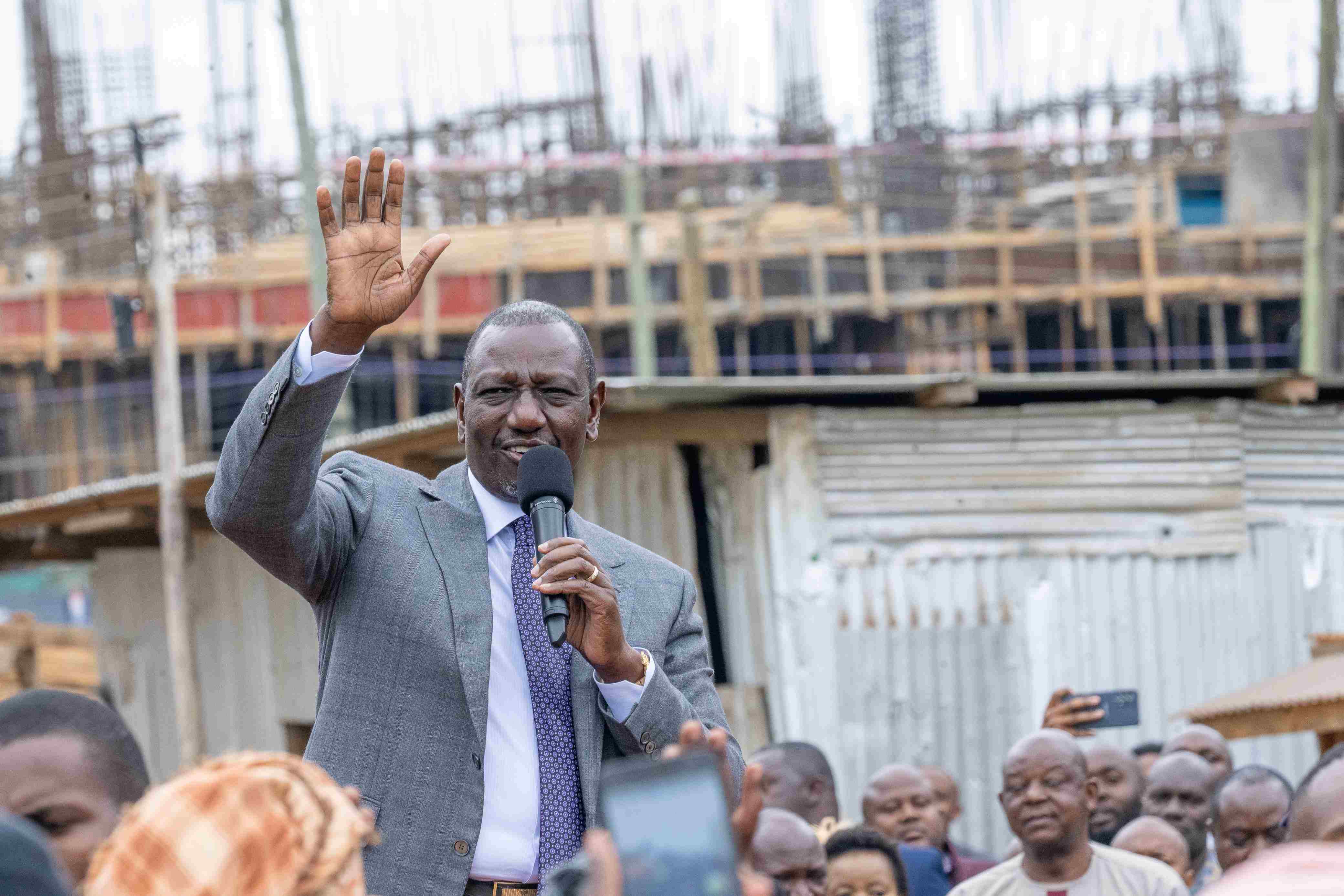Africa’s climate financing must quadruple by 2030 to bridge investment gap

The global economic think tank, Wef, therefore reckons that the continent faces a significant climate financing gap, causing the region to miss out on a major investment opportunity.
Climate investment flows to African nations must increase four times every year between now and 2030 if the continent is to generate enough funding to meet its pledged targets under the Paris Agreement.
This according to the Climate Policy Initiative (CPI), was echoed by climate experts and leaders who convened at the World Economic Forum's (Wef) Annual Meeting 2025 in Davos, Switzerland, last month.
More To Read
- Can you trust climate information? How and why powerful players are misleading the public
- Kenya slumps in green energy transition, falls 18 places in global rankings
- Garissa farmers count losses as recurring floods wipe out solar-powered farming dreams
- Climate change has doubled the world’s heatwaves: how Africa is affected
- KNH invests Sh7.6 million in solar energy to lower electricity bills
- African women key to fighting climate change – these are the green skills they will need
They argue that while annual climate finance to Africa increased by 48 per cent between 2019 and 2022, passing $50 billion (Sh6.5 trillion) for the first time in 2022, it only covered 18 per cent of Africa's annual mitigation needs and 20 per cent of its adaptation needs.
The global economic think tank, Wef, therefore reckons that the continent faces a significant climate financing gap, causing the region to miss out on a major investment opportunity.
The African Development Bank (AfDB) says climate change in Africa represents a $3 trillion investment opportunity by 2030.
To unlock these opportunities, the Forum advocates for bridging the gap through scalable solutions that promote greater involvement from the private sector.
"This will better equip the African continent and its growing population to manage the impacts of climate change," Wef said.
"Traditionally, the bulk of the investment in climate solutions has come from the public sector and so addressing this investment gap will require significant public-private sector collaboration."
Envisioning their call for robust private sector involvement, the lobby says it has launched a new platform to grow private investment in climate adaptation efforts in Africa.
The platform was announced during the annual meeting in Davos.
It notes that the initiative is the result of a partnership between the Global Center on Adaptation and the Forum, designed to unlock, guide and scale private-sector investments to strengthen climate resilience and adaptation efforts across the continent.
To date, the platform has already secured a $1 billion (Sh129.3 billion) commitment from CRDB Bank Group.
The platform further aims to guide at least $5 billion (Sh646.4 billion) in private investments over the next year, with a focus on developing and deploying commercial solutions for managing the negative effects of climate change in Africa.
In so doing, the Forum is confident that the impact of greater public-private collaboration on climate resilience will be felt by communities and businesses across Africa.
"By 2050, one out of every three people globally aged between 15 and 34 years old will be African. There is a significant opportunity for this youthful population to benefit from greater private sector investment in climate solutions," Wef said in part.
"This will support Africa's entrepreneurs and provide upskilling and reskilling opportunities for its working-age people."
Nevertheless, it says the new benchmark for collaboration will help build Africa's climate-resilient economies to not only adapt to climate change but thrive by capitalising on the continent's emerging opportunities in this area.
Notably, Africa contributes less than three per cent to global pollution, yet bears a disproportionate burden of climate change disasters, facing increasingly severe impacts like droughts, floods, and rising temperatures.
Top Stories Today
Reader Comments
Trending


